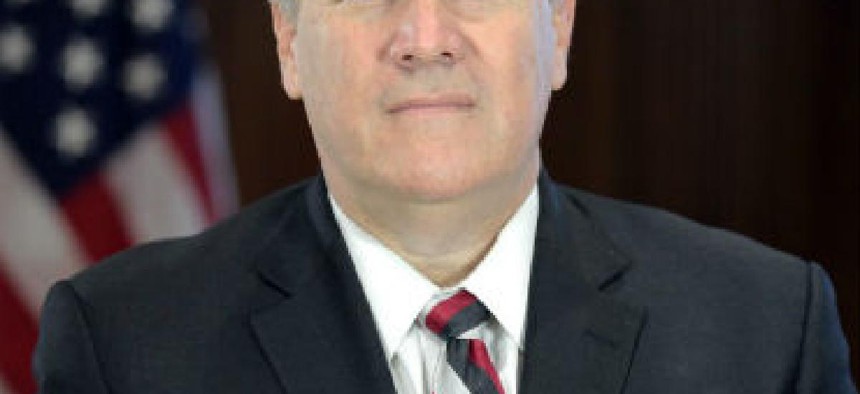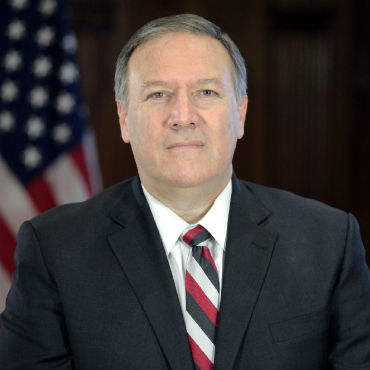CIA director rips Assange, defends foreign surveillance

In his first public remarks as CIA director, Mike Pompeo defended the work of the agency -- and condemned Wikileaks founder Julian Assange and former intel contractor Edward Snowden for undermining the CIA and national security.

CIA Director Mike Pompeo.
In his first public remarks as head of the Central Intelligence Agency, Mike Pompeo slammed WikiLeaks founder Julian Assange, defended the agency's foreign surveillance work and said he intends to review the agency's recent reorganization.
"We steal secrets from foreign adversaries, hostile entities and terrorist organizations," Pompeo said at a discussion at the Center for Strategic and International Studies. "And we make no apologies for doing so. It's hard stuff and we go at it hard."
Pompeo said he could not comment on the specifics of the recent WikiLeaks "Vault 7" release of alleged CIA hacking tools, but stated that Assange and Edward Snowden have aided terrorists around the world who are now better able to evade detection by the CIA and other agencies.
"It is time to call out WikiLeaks for what it really is – a non-state hostile intelligence service often abetted by state actors like Russia," said Pompeo.
The director said the theft of government intelligence highlights the need to harden systems and develop better counterintelligence measures against insider threats.
"We can never truly eliminate the threat but we can mitigate and manage it," he said. "This relies on agility and on dynamic 'defense in depth.' It depends on a fundamental change in how we address digital problems, understanding that best practices have to evolve in real time."
Pompeo said it will be a long-term project, "but the strides we have taken -- particularly the rapid and tireless response of our Directorate of Digital Innovation -- give us grounds for optimism."
The director stressed that the work of the digital directorate is essential to keep the U.S. at the forefront of technology and to stay ahead of adversaries like Iran and China.
He said the CIA is focused on hiring talented people and working to adapt commercial technology that advances the agency's ability to be more predictive.
"I have reinforced lots of efforts in that very vein," he said. "There's some really good math, there's some really interesting work that's being done in the sciences to give us better capacity to do that. What's a challenge is to make that applicable in the tactical and operational environments that we often work.
The digital directorate has come under criticism in the wake of the Vault 7 leak. One former CIA official said recently that the directorate was stood up too quickly and was disorganized, which increased the odds of a data theft by an insider.
Pompeo said that in the private sector, it can take multiple tries to successfully reform a business and get to the right structure, and he wants to make sure the CIA is properly organized.
"These are continuing processes," he said. "When you're operating in agile space, organizational structure changes to meet the evolving set of threats and I certainly intend to make sure that the agency gets to the right place so that we can meet those threats."
In addition, he argued that the Office of the Director of National Intelligence -- an agency that has faced much criticism and speculation about its future -- needs review as well.
"A once-a-decade scrub of the structure of the intelligence community might seem to me at least like a useful undertaking," he said.
NEXT STORY: Former intel chiefs fear future election hacks


